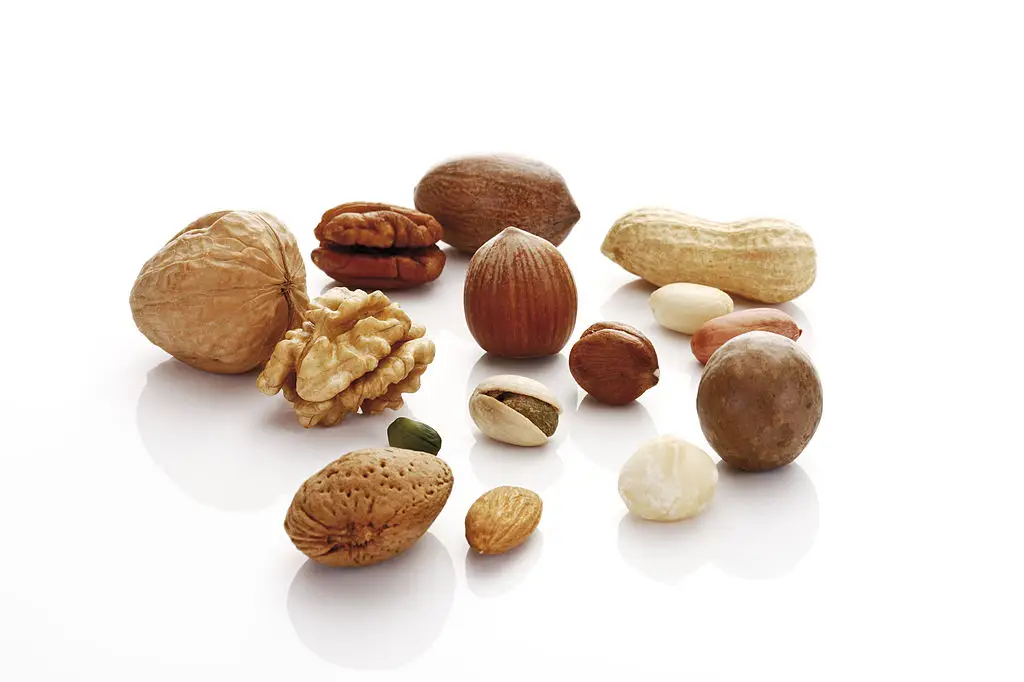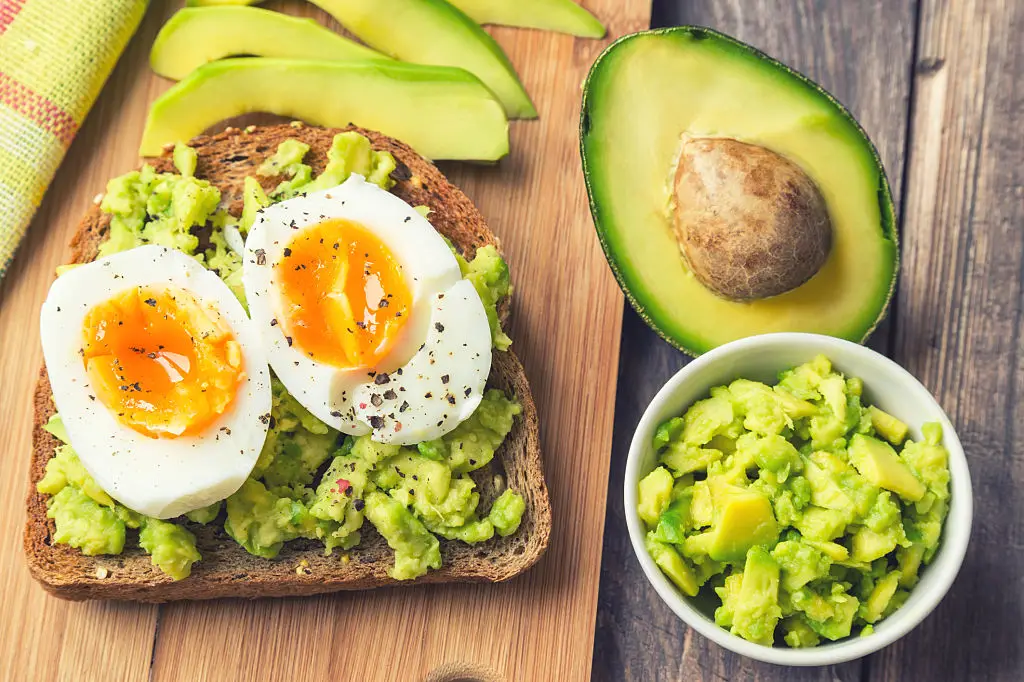Cholesterol Clarity: 12 "Forbidden" Foods You Can Finally Eat Guilt-Free
7. Nuts (Walnuts, Almonds, Pistachios)

Once mistakenly grouped with “unhealthy” snacks due to their fat content, nuts like walnuts, almonds, and pistachios have had a dramatic redemption arc. Science now shows that eating a variety of nuts regularly can help lower LDL (“bad”) cholesterol and raise HDL (“good”) cholesterol thanks to their abundance of unsaturated fats, fiber, and plant sterols. Nuts also offer magnesium, protein, and even antioxidants, all tucked inside a portable, satisfying snack. The secret is mindful portioning. Instead of snacking straight from the jar, grab a small handful, sprinkle some over oats or salads, or toss them into a homemade trail mix. Nuts offer both crunch and comfort, and saying yes to them is a small, sustainable act of self-kindness.
8. Avocado

Avocados have faced skepticism due to their creamy richness and higher fat content, but modern findings put them atop the “heart-healthy” podium. Loaded with monounsaturated fats, avocados help lower LDL cholesterol and raise HDL (“good”) levels, supporting overall cardiovascular wellness. They also provide fiber, potassium, and a bouquet of vitamins, making them a versatile nutritional powerhouse. Spoon some onto whole grain toast, slice into salads, or blend into a smoothie for extra staying power. The best part? Avocado’s mild flavor and luxurious texture add satisfaction and nourishment—proving that eating for your heart can feel as indulgent as it does healthful.
